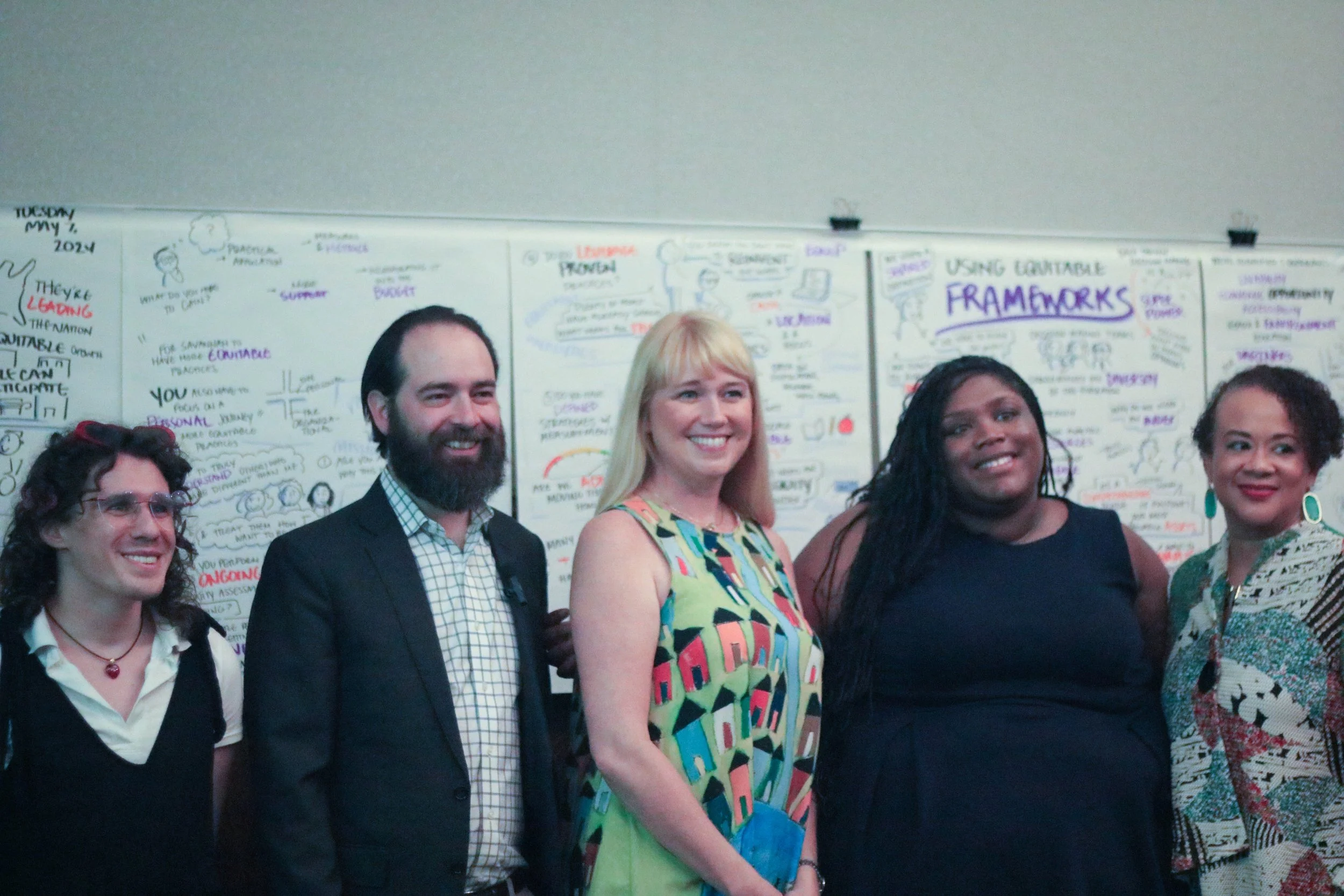Lessons from Savannah, GA: Incorporating Equity in Equitable Economic Development Planning
Written by Betsey Suchanic
In the economic and community development fields, we often grapple with how to measure our impact and how our metrics can build accountability for equity. The City of Savannah dove into these questions when it was inspired by the concept of an equity index for its city.
Last October, a coalition of economic and community leaders from Savannah were selected to participate in NGIN’s LEAP (Learn, Explore, Activate in Place) program. LEAP took them on a cross-city learning trip to Tacoma, WA, where they learned about the City of Tacoma’s Equity Index. Following that trip, several partners discussed how to create an equity index for the City of Savannah. StepUp Savannah secured funding from City Health Dashboard’s Data Challenge to begin defining these indicators.
NGIN was able to continue exploring the equity index concept with the City of Savannah’s Economic Development Department as part of their participation in the Economic Inclusion Incubator. While the City’s incubator project was initially focused on broadly defining their equitable development strategies, the equity index momentum shifted their initial plans to zoom in on this tool. The team wanted to support their partner’s efforts and help build consensus and support across the city to develop this future tool. This work has key equitable economic development decision-making implications. With support from NGIN, Community Science, a research firm, provided support for engaging partners in conversations about the creation of, investment in, and future sustainability of an equity index for the City of Savannah.
In May, myself, my colleague Bernita Johnson-Gabriel, and Community Science team member Antwuan Wallace, went to Savannah for a site visit with the local team and to learn alongside their efforts as part of our Small and Midsized City (SMC) Economic Inclusion Incubator. During our May site visit, we participated in a workshop of local partners and city leaders to seed conversations about the role and information provided by an equity index. NGIN Board Member, Dr. Randal Pinkett, joined virtually to share his work around data-driven DEI and explore Savannah’s interest in an equity-focused data tool. Alicia Johnson of Step-Up Savannah led a conversation that provided updates from the data equity team and the initial indicators they explored.
We spent a morning with Manny Dominguez, Director of Economic Development, and Sam Alai, Community Project Coordinator for the City, touring the city. We had the privilege of seeing results from long-term corridor development investments, the site of the future Water Works park and community facility, and learning about the connectivity of the Tide to Town rail trail project.
While we gained a lot of local knowledge during this trip, we also learned some key lessons that can help drive inclusive growth in all communities working towards similar goals.
Key Lessons from Savannah
Cities must invest in data infrastructure to enable equitable decision-making.
Partners across the City of Savannah are making strides to create their equity index, with grant funding to build the first iteration. However, a city must support these types of initiatives for them to be sustainable. A data tool, like an equity index, that allows for more equity-informed decision-making is a critical piece of infrastructure for equitable economic development. As cities seek to fulfill their equity commitment to their residents, this includes investments in tools that ensure resources are directed to those most affected. Grants and external funding can catalyze these investments, but institutional support is needed to ensure continuity.
The need for equitable economic development strategies is urgent.
As I talked with the team of the City of Savannah, they discussed significant community change as they grapple with the affordable housing crisis and explosive economic growth in the region, such as the new $5.5 billion Hyundai manufacturing facility projected to bring 8,100 workers. The city is increasingly aware of the implications of these continued investments but also with an eye toward their projects and investments, such as the Tide to Town rail trail. The economic development department has expanded to include a new equitable development team to specifically look at the equity implications of current and future projects and outcomes to allow current residents to thrive. I saw these major investments, paired with increasing unaffordability, against a backdrop of the climate realities facing a southern coastal city. These converging realities left me wondering how we can prioritize urgency in equitable development work that often unfolds over decades.
Cities can inspire each other and provide roadmaps for next steps.
As I worked with both the City of Tacoma and the City of Savannah through this program, it was inspiring to see the parallels between these two cities, from their population size to having ports critical to their local economy. It wasn’t lost on me how important cross-city connections and models are and their power to kick-start similar initiatives in other cities like theirs, such as Tacoma’s Equity Index.
And don’t just take our word about the work this group of leaders are spearheading in Savannah, the below video provides a snapshot of Savannah, their local team and partners, and more about their project with NGIN.
The Economic Inclusion Incubator program launched in June 2023 as part of NGIN’s Small and Midsized City Hub. As this 12-month program ends, we are happy to share a selection of reflection pieces about the incredible work the four selected communities completed as part of this program. This piece is part one of a four-part series. Follow along with the series on our blog.
NGIN’s Small and Midsized City Hub is a national community of practice for economic and community development practitioners across more than 700 cities in the United States. NGIN offers support to connect, engage, and share solutions and resources to bolster inclusive economic growth in these communities. We have been working directly with four cities piloting economic inclusion solutions in their city as part of our Economic Inclusion Incubator program. These four cities – Dayton, OH, Savannah, GA, Tacoma, WA, and Utica, NY – were selected following a national call for projects from small and midsized cities and kicked off their projects in June 2023.

